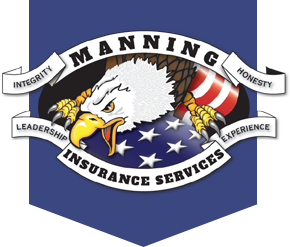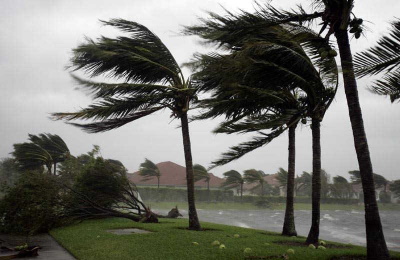At the start of hurricane season each June, people who live along the coast are reminded to “get prepared.” They put important papers in order and stock up on flashlights, extra batteries and sheets of plywood to cover the windows. But an important item is missing from the annual hurricane readiness checklist: review your homeowners insurance policy.
With everything else you have to do, it can be easy to put your insurance policy on auto-pilot, simply paying the bill and stuffing the paperwork in a filing cabinet. But things change and if you don’t take the time to review your policy, you may be caught off guard – especially in the event your house is damaged in a hurricane or tropical storm.
First, check your policy limit to determine if it’s enough to rebuild your home. If your home is damaged or destroyed, would you have enough money to rebuild? Remember, the cost to rebuild your house is not the same as the real estate value of the house as construction costs typically rise year after year.
Second, think about the contents of your home. It’s rare that we have to purchase our furniture, clothing, kitchen items, home décor and more all at the same time. But if you had to start over, what would it take to replace those items? Consider conducting a home inventory to get a good handle on what you have and its value.
A third piece of that homeowners insurance policy you should review is whether your policy adequately covers additional living expenses. If your house is destroyed in a hurricane or damaged so badly you and your family aren’t able to live in it for a time period, would the policy cover expenses like staying in a hotel or eating out while your home is rebuilt or you look for a new place to live?
The additional living expenses coverage should be equal to 20 percent of the amount of insurance coverage you have on the structure of your house, although you can opt for a higher coverage limit.
Once you’ve determined how you’ll repair or replace your home and possessions, you’ll want to take deeper look at the damage actually covered by your policy. Many homeowners aren’t aware their policies don’t cover damage due to flooding.
You’ll also need to find out if you have a hurricane deductible. South Carolina is one of 19 states with a hurricane deductible – usually a percentage of the replacement cost value of the home.
Set a meeting with your insurance agent or broker to walk through the pieces of your homeowners insurance policy so you understand the various forms of coverage and can take care of any gaps or address potential problems.
This is also a good time to ask about any discounts. Often insurance companies will give homeowners a discount for being proactive and taking steps to protect their homes from additional hurricane and tropical storm damage. Adding storm shutters or using wind-resistant materials when you replace your roof could qualify you for a discount.
This hurricane season, as you’re buying extra batteries and gallons of water to store in your garage, make a spot on that checklist for reviewing your homeowners insurance policy. Hurricane season is unsettling for anyone who lives along the coast, so take all the necessary precautions to make certain your house and your family are protected as well as possible.
Learn more about Manning Insurance Services‘ Homeowner’s Insurance Policies.

